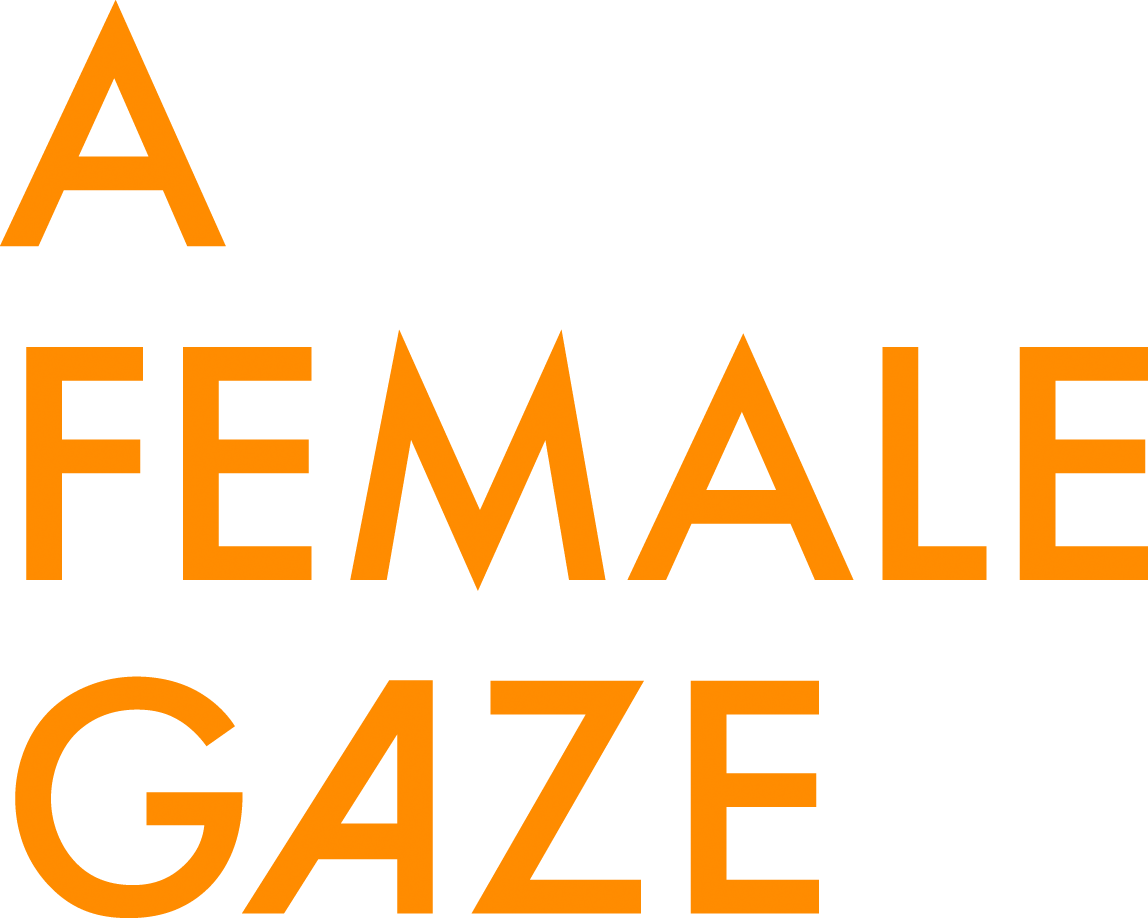Mother – The Abject
I am perhaps six years old, walking hand in hand with my mother through the center of my childhood town.
In the eyes of others, I see something that sticks with me: disgust. Not directed at me, but at her.
She is seriously and chronically ill.
These looks are my first encounter with the abject – not as theory, but as experience. The one I love
and idealize is, in the eyes of others, reduced to something foreign, something unwanted.
In culture and theory, MOTHER is often presented as an ideal: life-giver, security, primal force.
Whether she appears as the holy mother, nature, or Mother Earth, she is associated with warmth and
necessity. But in theories of the abject – particularly in the work of Julia Kristeva – the mother is
not a subject, but a body. She is linked to birth, fluids, boundlessness – to that which must be
rejected for us to emerge as subjects.
For Kristeva, the abject is not something entirely foreign, but that which is too close. The mother’s
body becomes the first site of the abject: both life-giving and engulfing, the one who must be
pushed away for the child to become a self.
This work explores the tension between the theoretical and the personal: What happens when
MOTHER is not just symbol or body, but a beloved person? When leaving her is not only an
existential necessity, but also a painful experience? When the gaze cast upon her also reveals
something about who I am?
The project seeks to explore how the abject – as theory and lived experience – can offer insight into
the relationship between mother and subject. By combining Kristeva’s concepts with personal
memories, I examine how our first relationship – with the mother – both shapes and unsettles us. It
is about separation, shame, love, and loss. And perhaps about retrieving the mother, not as idea or
threat, but as a human being.


